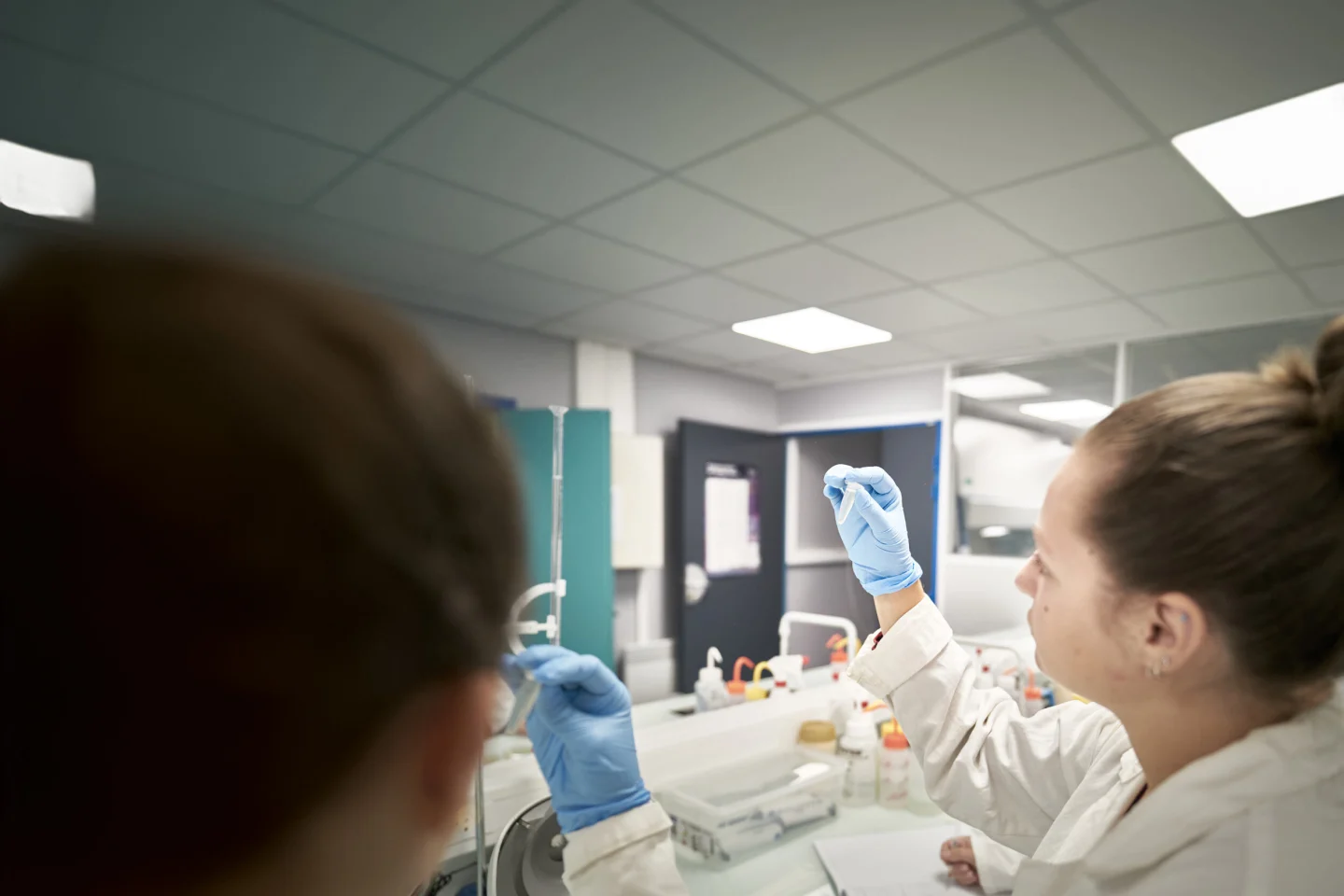
Bachelor in Biotechnology
The Bachelor in Biotechnology at SupBiotech is a certified, recognized course over a period of 3 years leading to a degree
The course offers 50% practical teaching, 1 month dedicated to international studies, the last year in apprenticeship training and a network of 4,000 companies and laboratories.
A Practical, Career-Focused Biotechnology Program
The Bachelor course in Biotechnology at SupBiotech focuses on practical laboratory classes and learning through projects. It was established to meet corporate demands for more Bac+3 profiles. It gives access to multi-skilled middle management positions through sound training in life sciences, fundamental sciences and project management. The skills acquired throughout the 3 years of training, with the last year alternating work placement and training, can lead to Project Manager positions, engineering assistants and Heads of Missions. Students finish the course totally operational, ready to take on more responsibilities and adapt to the cultural, technical, innovative and dynamic environment of Biotechnology.

What is the Bachelor course in Biotechnology?
The SupBiotech Bachelor course is a professional 3 year study period, created with the help of our partners in research and industry selecting the most relevant educational activities in the acquisition of required professional skills.
For the more motivated student, the diploma can lead on to the first year of the SupBiotech engineering curriculum, or another type of training such as a Masters or Bac+5.
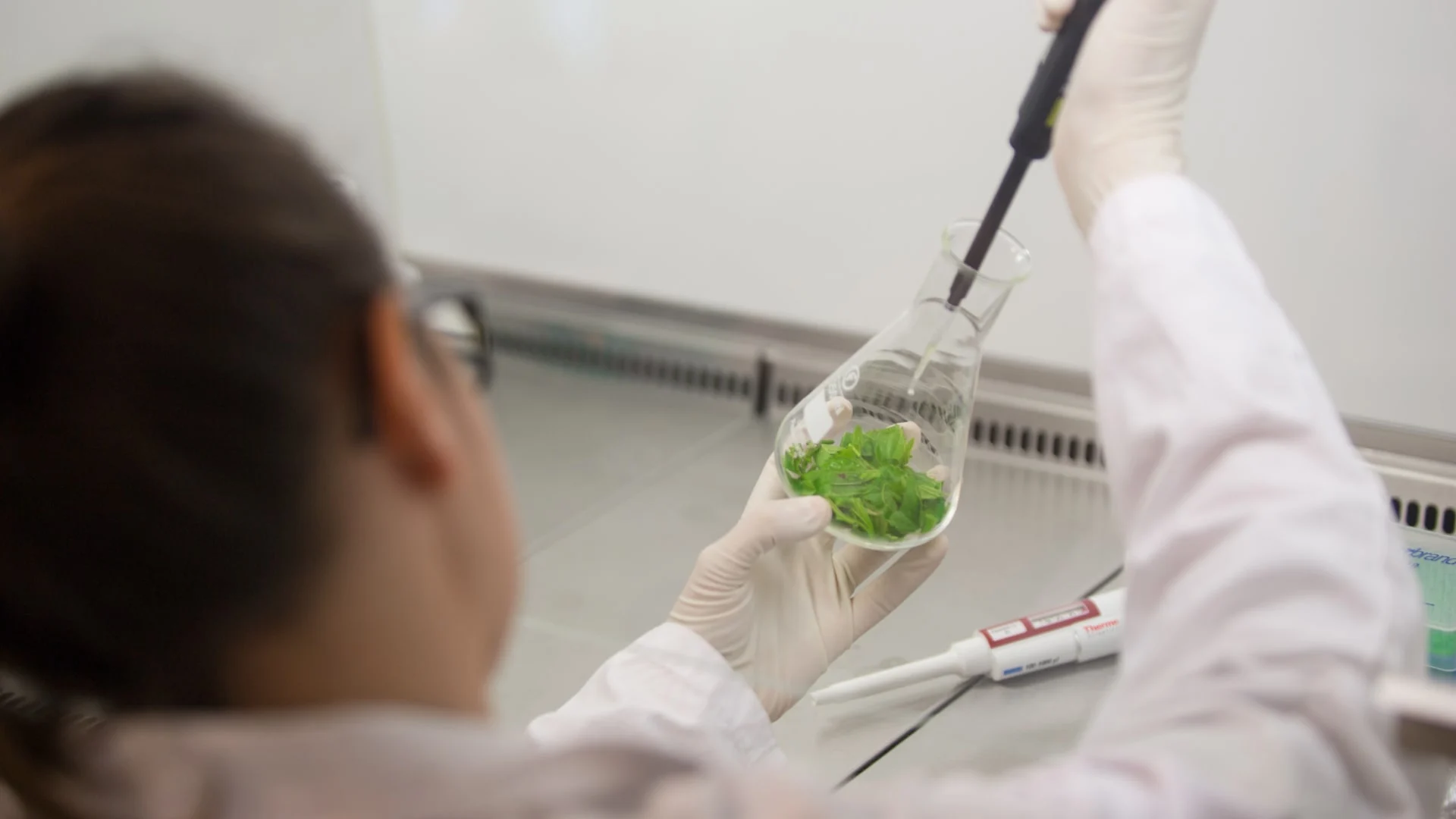
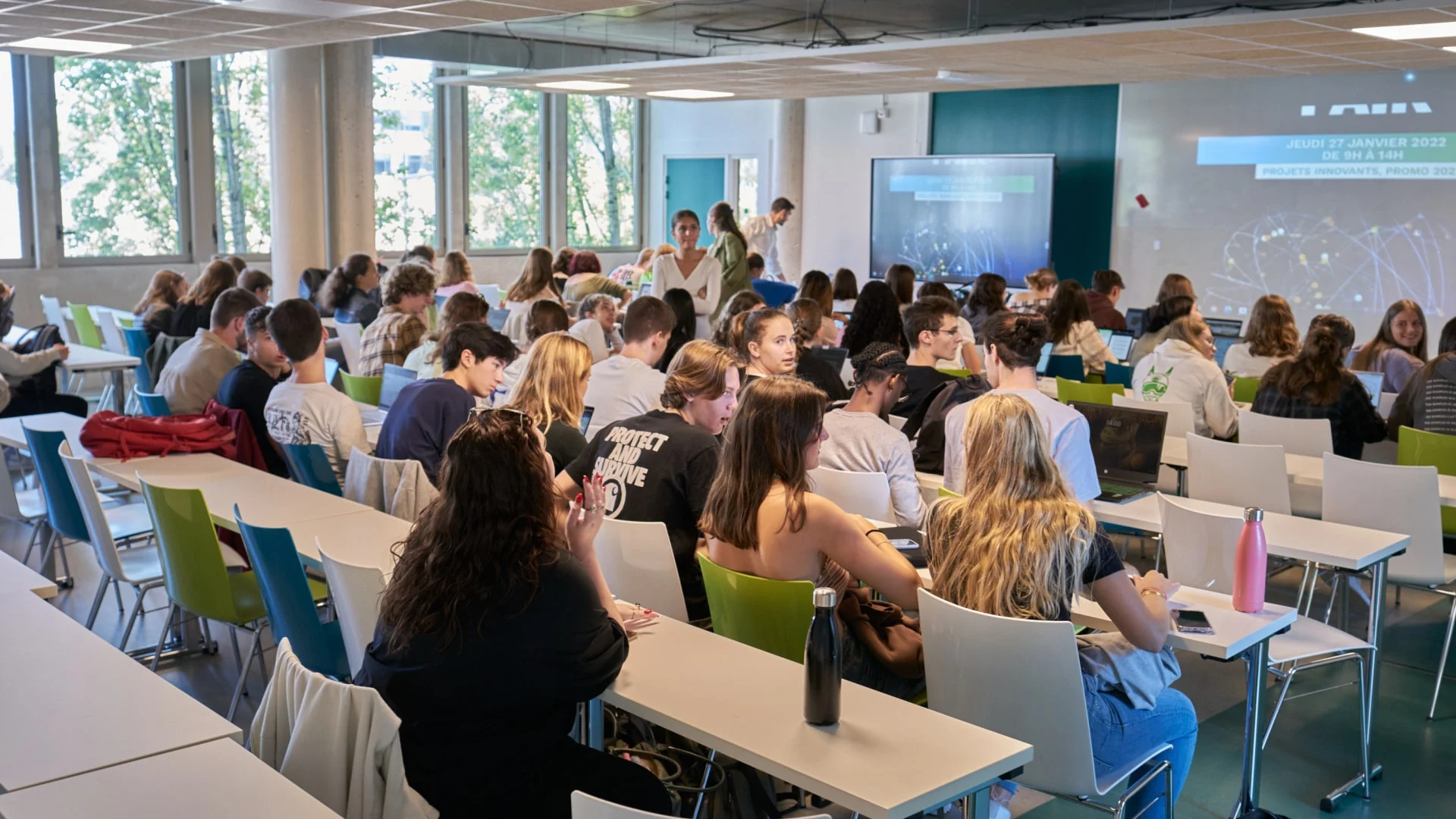
The curriculum
The training focuses mainly on practical laboratory lessons and learning through projects. The student acquires sound theoretical and technical knowledge in sciences, and also develops project management skills. The practical exercises take place in the SupBiotech laboratories and the abundance of group projects put the students in a professional situation.
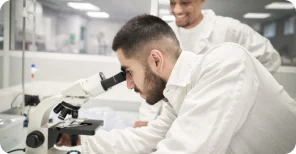
1st year
The first year is dedicated to the acquisition of fundamentals in science, English and communication.
An internship over a period of 4 to 6 weeks gives the student an initial job experience to finish the year.
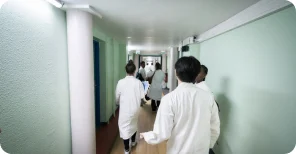
2nd year
The second year is molded around the development of expertise and soft skills via a research internship lasting 8 to 13 weeks and an international academic immersion period of 4 weeks. Students further their knowledge throughout this year with the addition of engineering science.

3rd year
The third year alternates work placement and training and the student calls on his previously acquired knowledge and applies it in a professional situation. There are three options to choose from to take on a more specific direction to a future career: Digital Biology, Bioproduction and Quality, and Formulation.
Bioproduction and quality
A number of key molecules are now produced naturally with micro-organisms and the continuing improvement in production methods have lead to the reduction in their environmental impact.
This option moves the student in the direction of positions such as team leader or, workshop manager, true operational roles calling on technical and managerial skills:
- Set up an industrial organisation and lead operations
- Produce key molecules using new bioproduction methods
- Continually improve manufacturing processes and quality
- Give support to a team of operators in respect of hygiene practices
Formulation
Formulation lies at the heart of the development of new products in the cosmetic industry, medicine industry or even agribusiness. Changes in Biotechnolgy mean that today it is possible to develop natural and ecological solutions, or even push forward methods of analysis of allergens or the microbiological risks of a product.
Bachelor graduates choosing this option can hope for a position in industry as an assistant formulator or quality assistant in an analysis laboratory. The dual skill means they can develop a product right from formulation to characterisation and progress in the following assignments:
- Understand the specifications for the development of a new product
- Set up new solutions in analysis and characterisation
- Draw up protocols and lead formulation tests in the laboratory
- Lead analyses in ensuring the safety of a food or cosmetic
Digital Biology
Biotechnolgy and digital operations today represent a crucial alliance. The science of digital biology is half way between life sciences and computing, and makes the development of analysis tools, molecule simulation and optimization all possible.
Bachelor graduates who choose this option can evolve towards positions such as an assistant bioanalyst or an assistant in bioinformatics. Their knowledge in programming, statistics and biology make them able professionals understanding a scientific issue and interpreting it with computer tools. Their assignments would be:
- Modeling molecules so as to study their properties and usefulness
- Analyse production data with a view to optimizing a bioprocess
- Design a data base and extract important information
- Design programmes with the aim of analyzing genetic data

Download our brochure
Discover SupBiotech’s programs
Prepare for a promising career in biotechnology